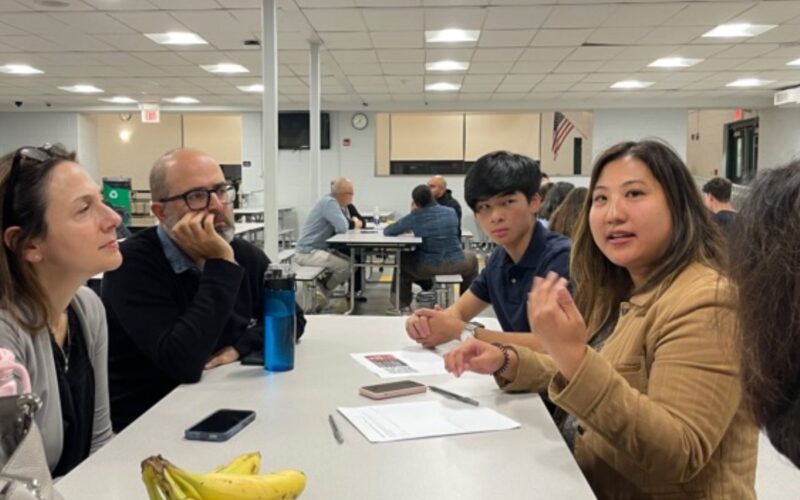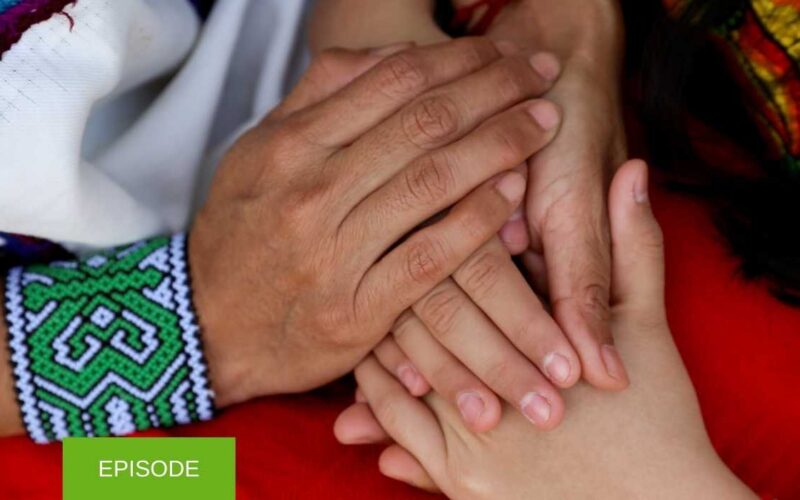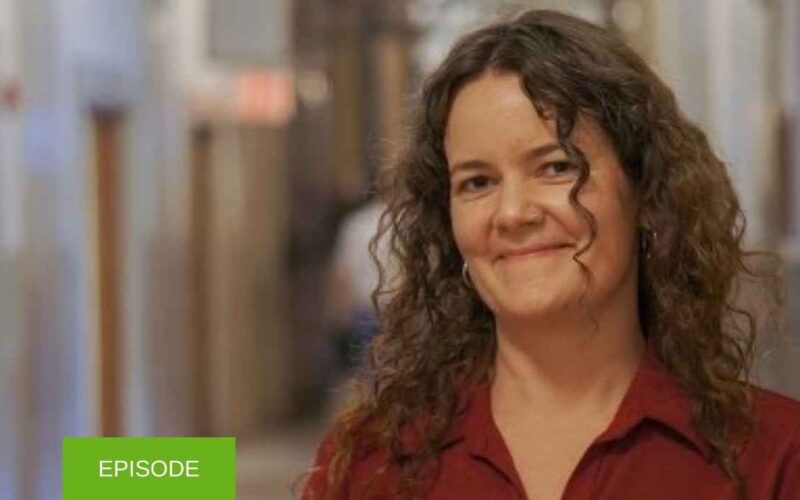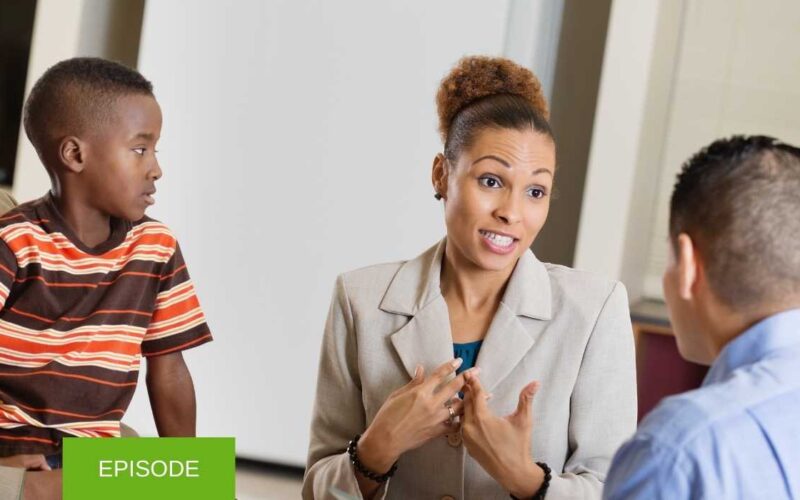Celebrating students’ “superpowers”: What tests can’t measure
We speak with Dr. Peter Hughes, superintendent of New Jersey’s Cresskill School District, an affluent New York City suburb with large Korean and Israeli communities, about respecting disparate cultures while centering individual students’ interests, talents, and needs. We discuss effective means of communicating with bicultural parents and inclusive strategic planning. How can schools prepare students for joyful futures where they also serve others and are impactful on the world around them?
Read More






